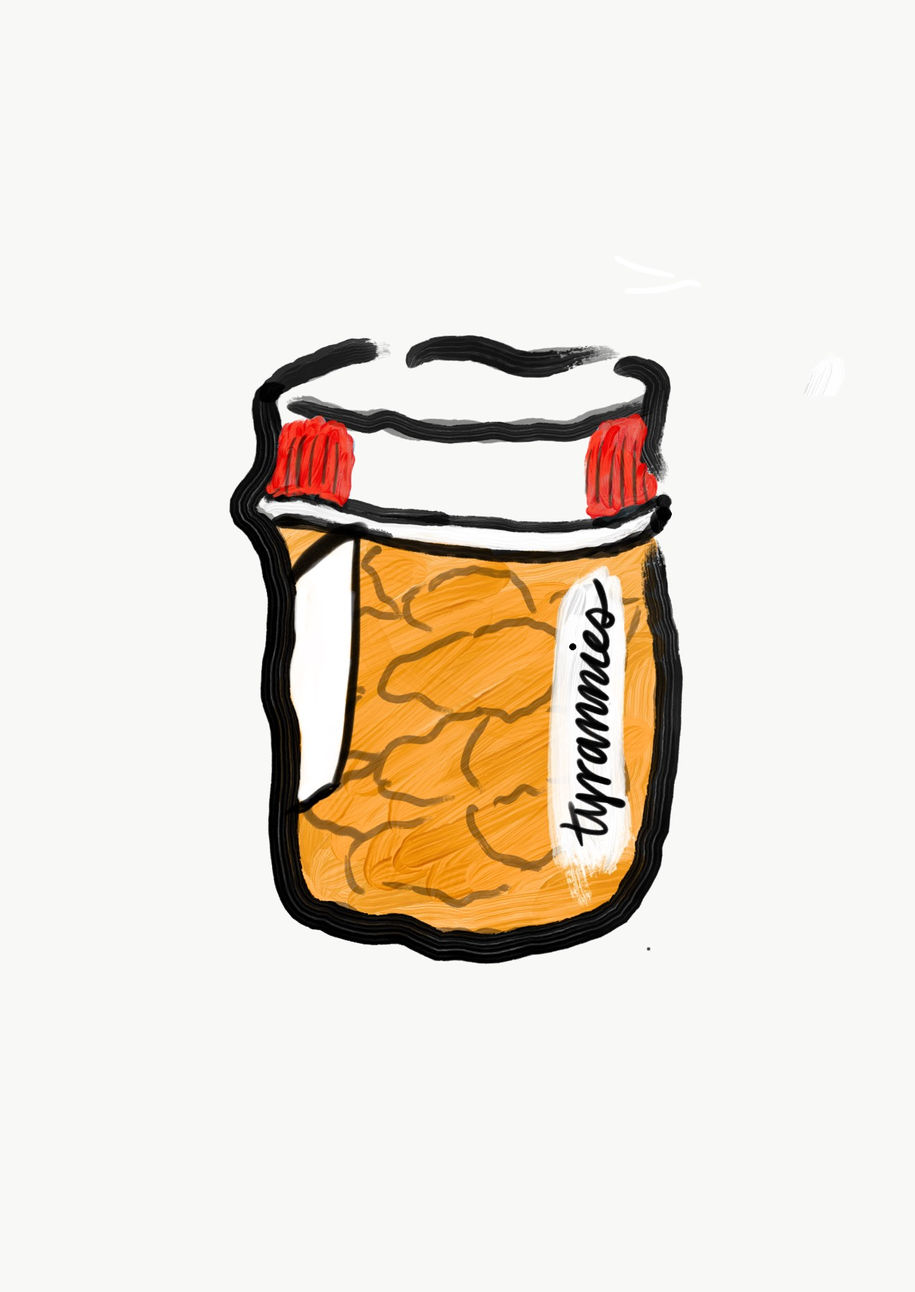top of page
GALLERY
Welcome to a multimedia world where diversity is celebrated and your voice is amplified. Enjoy your stay.
Current Exhibit: Personal Portraiture
An impression or representation of your personal identity: cultural, racial, ethnic, or otherwise.


Lauryn Wang
Literary Media
In her essay, “The Transformation of Silence into Language and Action” published in Sister Outsider, Audre Lorde implores, “What are the words you do not yet have? What do you need to say? What are the tyrannies you swallow day by day and attempt to make your own, until you will sicken and die of them, still in silence?”
One of my peers posed these questions as a free-write exercise, and I was affected because I feel as if it’s a part of the Asian-American fabric to swallow tyrannies day by day. It’s embedded in the first generations of the Asian-American immigrant experience, but despite that, many of us are actively seeking the words and tools to define our own narrative. This is my attempt at that…
***
I don’t have the words to confront a teacher who said to me and my group project-partners,
That was so impressive! You know, you guys should really speak up in class and participate more. Shed some of that “Asian-ness” that keeps you quiet. Embrace your “American” side.
Every time I recall that interaction in my head, I’m exasperated. I think of all the things I would’ve said to him. Like the fact that I was born in America. That white-ness doesn’t equate to American-ness. That I’m fourth generation on my mother’s side. That he isn’t even entitled to know that about me, for my being in America should be “American” enough for him. My being in America should be enough for him. The words rot in my mouth in the crevices of my brain in the shadows of my consciousness. They fester there, unheard and unsaid, for I couldn’t form the words in the moment.
To be completely candid, his words didn’t even register as offensive or racist or bigoted right then. Whether that’s indicative of internalized normalization or of societal normalization, I think now about how only in a later conversation with one of my group members did I reevaluate. She told me that she thought what our teacher said was inappropriate, urging me to reexamine my response (or lack thereof) to his words. I remember being overcome by relief as he told us that our presentation was impressive, that relief eclipsing the inclination that something was off in the nonchalant manner in which he subsequently reduced us to a stereotype. To him, we were quiet in class because we were Asian. Un-American. Unwilling to embrace the “American” side of ourselves, like our Asian and American identities are insoluble instead of inextricably woven together.
I wish so desperately to have corrected him—to have given him reason to reassess his idea that American-ness exists on a spectrum in which white-ness complements the most American territory of it. But I didn’t. And I live with that every day, actively forming the words in my head that I couldn’t form then. The tyrannies I swallow day by day metastasize like a cyst in my throat, but I will not be relegated to silence or submissiveness. Not now, not ever.
bottom of page